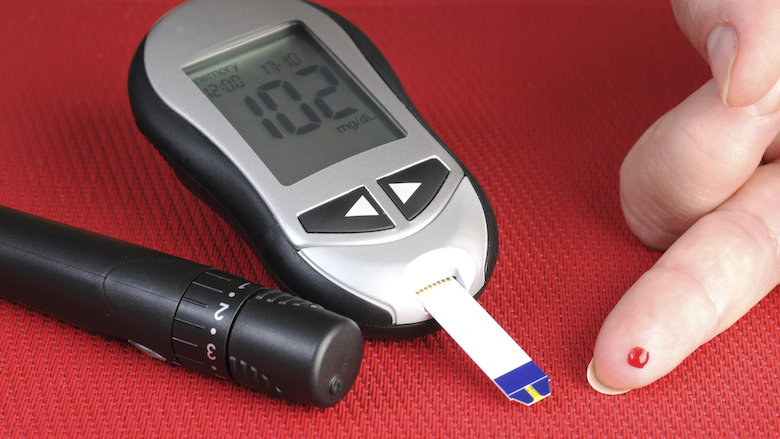The artificial pancreas with which diabetics can maintain their blood sugar levels is one step closer to reimbursement from the basic package, reports the National Health Care Institute. Together with ZonMw, the organization for health research and care innovation, the institute provides a subsidy of 10 million euros to enable scientific research into its functioning.
The first prototype of the artificial pancreas was developed by Robin Koops in his shed. The man was named a ‘National Icon’ in 2019 and since he presented his invention, people with type 1 diabetes have been eagerly waiting for the device to hit the market. The invention can eliminate the need to continuously measure blood glucose levels and inject insulin for a large group of people.
Study to prove effectiveness
The study is needed to show that the artificial pancreas is more effective for people who cannot manage their diabetes well with the current options. If so, the Zorginstituut may decide to include the artificial pancreas in the basic package. So far, the effect is promising and could mean ‘a definitive end for a large group of people from having to constantly measure blood glucose levels and inject insulin’.
Diabetes type 1
Diabetes is a metabolic disease in which people have too much glucose in the blood. Because glucose is a form of sugar, it is also called diabetes. The hormone insulin plays a key role in maintaining the level of glucose in the blood, and thus in diabetes. The pancreas (pancreas) releases insulin into the blood. This regulates blood sugar. In type 1 diabetes, the pancreas no longer makes insulin.
Functioning of the artificial pancreas
The artificial pancreas is the size of two smartphones on top of each other and connects a pump to a glucose meter. It continuously measures the sugar value. He directs the pump to deliver the right amount of hormones, insulin and glucagon. Complications are greatly reduced, because the values remain much more stable.
‘You still have diabetes with the artificial pancreas, but actually not anymore’, says Harold de Valk, internist-endocrinologist at UMC Utrecht. ‘A small, observational study has already been done in the Netherlands in which about thirty people were allowed to use an artificial pancreas for a short period of time. Some didn’t really want to return it afterwards, because they had never slept so well before. Others said they could be nicer parents to their children, and there were relatives and friends who reported how participants returned to pre-type 1 diabetes.”
subsidy
Twelve Dutch hospitals and 240 adults are taking part in the scientific research that will start this year, led by UMC Utrecht. The subsidy will mainly be used to pay for the high costs of care for the 240 people during the study.
Source: ANP
– .


